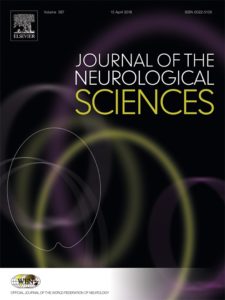Aim: To use the King-Devick (K-D) test in senior amateur rugby union and rugby league players over a domestic competition season to see if it could identify witnessed and unwitnessed episodes of concussion that occurred from participation in competition matches over three years.
Methods: A prospective observational cohort study was conducted on a club level senior amateur rugby union team (n=36 players in 2012 and 35 players in 2013) and a rugby league team (n=33 players in 2014) during competition seasons in New Zealand. All 104 players completed two trials 10 minutes apart of the K-D at the beginning of their competition season. Concussions (witnessed or unwitnessed) were only recorded if they were formally diagnosed by a health practitioner.
Results: A total of 52 (8 witnessed; 44 unwitnessed) concussive events were identified over the duration of the study resulting in a concussion injury incidence of 44 (95% CI: 32 to 56) per 1,000 match participation hours. There was a six-fold difference between witnessed and unwitnessed concussions recorded. There were observable learning effects observed between the first and second K-D test baseline testing (50 vs. 45 s; z=-8.81; p<0.001). For every 1-point reduction in each of the post-injury SAC components there was a corresponding increase (worsening) of K-D test times post-match for changes in orientation (2.9 s), immediate memory (1.8 s) concentration (2.8 s), delayed recall (2.0 s) and SAC total score (1.7 s).
Discussion: The rate of undetected concussion was higher than detected concussions by using the K-D test routinely following matches. Worsening of the K-D test post-match was associated with reduction in components of the SAC. The appeal of the K-D test is in the rapid, easy manner of its administration and the reliable, objective results it provides to the administrator. The K-D test helped identify cognitive impairment in players without clinically observable symptoms.
Summary Points:
- Routine post-match screening with K-D test identified 44 unwitnessed, unreported concussions over the duration of the study, and 6 times more than the 8 witnessed concussions identified pitch-side.
- K-D Sensitivity = 100%, K-D Specificity = 94%.
- K-D scores correlated with SAC for players with concussive injury.
- By using a return to play monitoring process with the K-D test, the team medic was able to identify players that could commence graduated return-to-play activities while still monitoring the player’s recovery.
A composite of rapid brief test such as the K-D test, the SAC and the BESS are likely to provide a series of effective clinical tools to assess players on the sideline with a suspected concussive injury.

